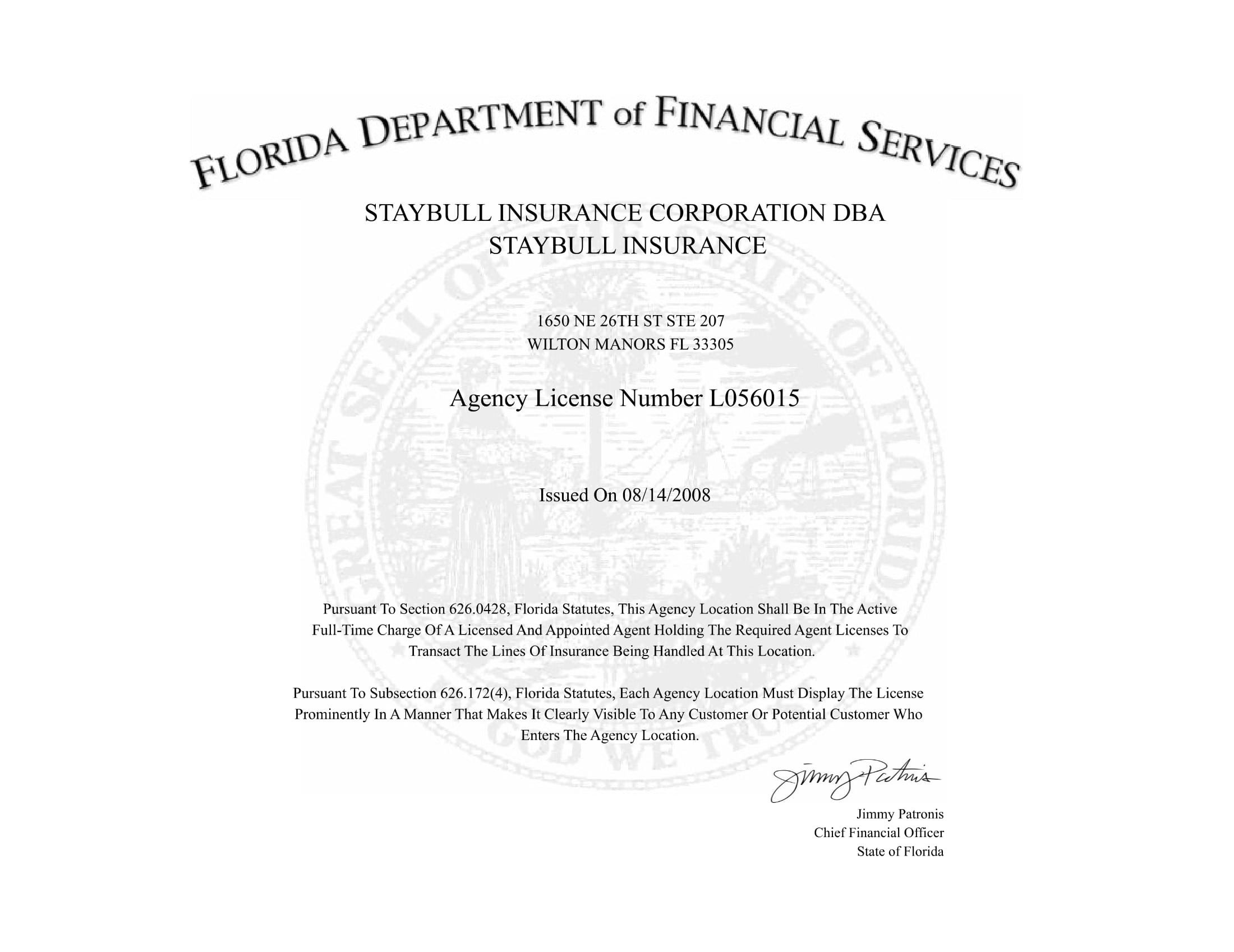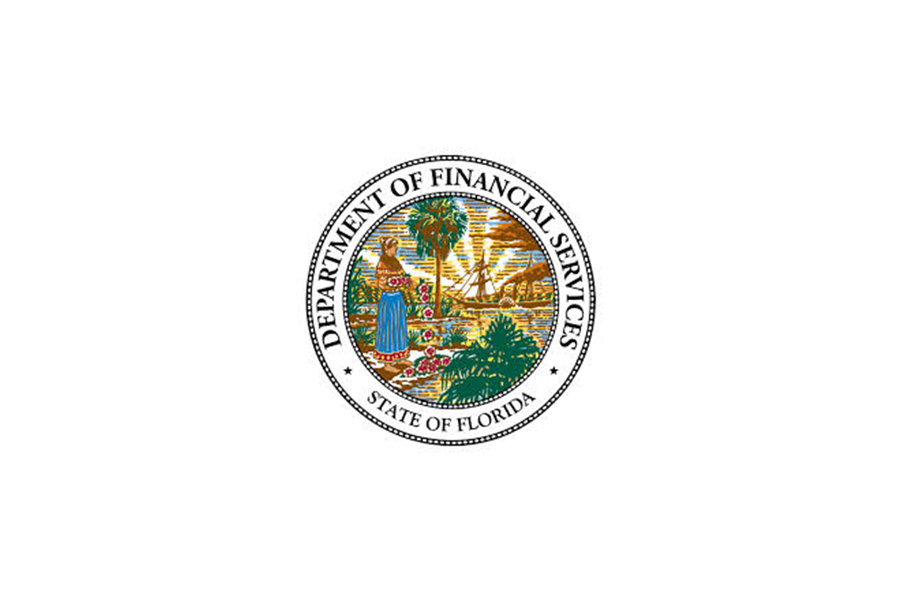

This means that individuals cannot bring a private suit against an organization because the organization does not have grievance procedures. Even with that in mind, the Middle District of Florida looked at other courts’ decisions that have addressed this issue, and came to the conclusion that that the ADA and 504 regulations requiring grievance procedures do not allow individuals to bring civil cases against entities for not having such grievance procedures in place. However, no other district courts in Florida or the 11th Circuit have addressed this issue. The ADA and Section 504 both require public entities to adopt grievance procedures providing for prompt and equitable resolution of complaints alleging any action that would be prohibited by the ADA or Section 504. Plaintiffs argued that OIR and DFS violated Title II of the ADA and Section 504 by failing to provide dedicated ADA and Section 504 grievance procedures. The Middle District of Florida ruled that the ADA and 504 regulations do not create a right of action if a public entity fails to create an ADA and/or Section 504 grievance procedure. Does the failure to create an ADA and/or Section 504 grievance procedure create a private right of action?
#Florida department of finances license
Did OIR violate Title II of the ADA by continuing to license Humana despite OIR’s knowledge that Humana discriminated against deaf individuals?Īrguments & Analysis 1.Does the failure to create an ADA and/or Section 504 grievance procedure create a private right of action?.DFS did not respond to the other complaint. DFS responded to one complaint and recommended that the plaintiff contact the DOJ. Both Plaintiffs complained by letter to DFS, the government department that supervises OIR. OIR responded to the complaint and recommended that Plaintiff contact the Department of Justice (DOJ).


One plaintiff complained by letter to OIR, the government office that licenses Humana. The other plaintiff tried to file a complaint with Humana through Video Relay Service (VRS), but Humana refused to accept the complaint by VRS, even though it accepted complaints by phone. Humana responded slowly and refused to disclose the results of its investigation. One plaintiff filed a written complaint with Humana. Plaintiffs also had difficulties filing grievances with Humana, DFS, and OIR. This doctor also did not provide qualified ASL interpreters. That plaintiff made an appointment with another doctor in the network. The other plaintiff’s doctor in the network used unqualified ASL interpreters on five separate occasions. When one of the plaintiffs made an appointment with a doctor in the Humana network, the doctor’s office said that it did not provide qualified ASL interpreters. Plaintiffs alleged that the Defendants-Florida Department of Financial Services (DFS), Commissioner of Insurance for the Office of Insurance Regulations (OIR), and Humana-violated Titles II and III of the Americans with Disabilities Act (“ADA”) and Section 504 of the Rehabilitation Act (“Section 504”) by failing to provide qualified American Sign Language (“ASL”) interpreters and by failing to establish ADA and Section 504 grievance procedures. The individual plaintiffs were customers of Humana through Medicare and sought medical care from medical providers in the Humana network. Plaintiffs are two individuals who are deaf and a non-profit advocacy organization that represents people who are deaf in Florida. Keywords: ada general, effective communication, enforcement, grievance procedure, legal concepts, medical and health care, program access, public accommodations, state & local government Facts of the Case United States Middle District Court of Florida


 0 kommentar(er)
0 kommentar(er)
